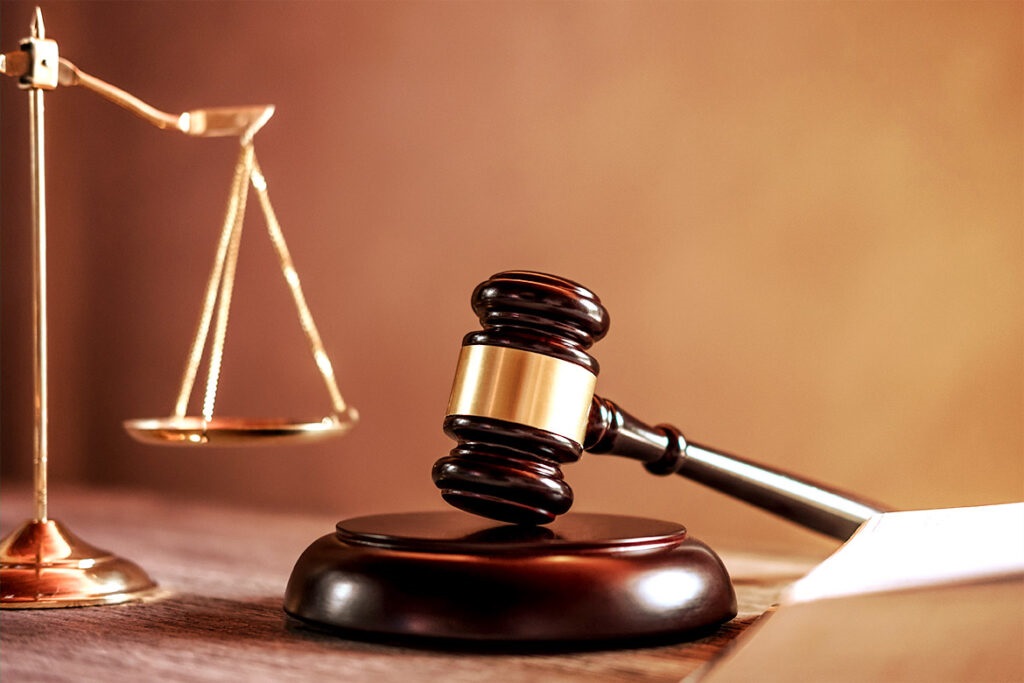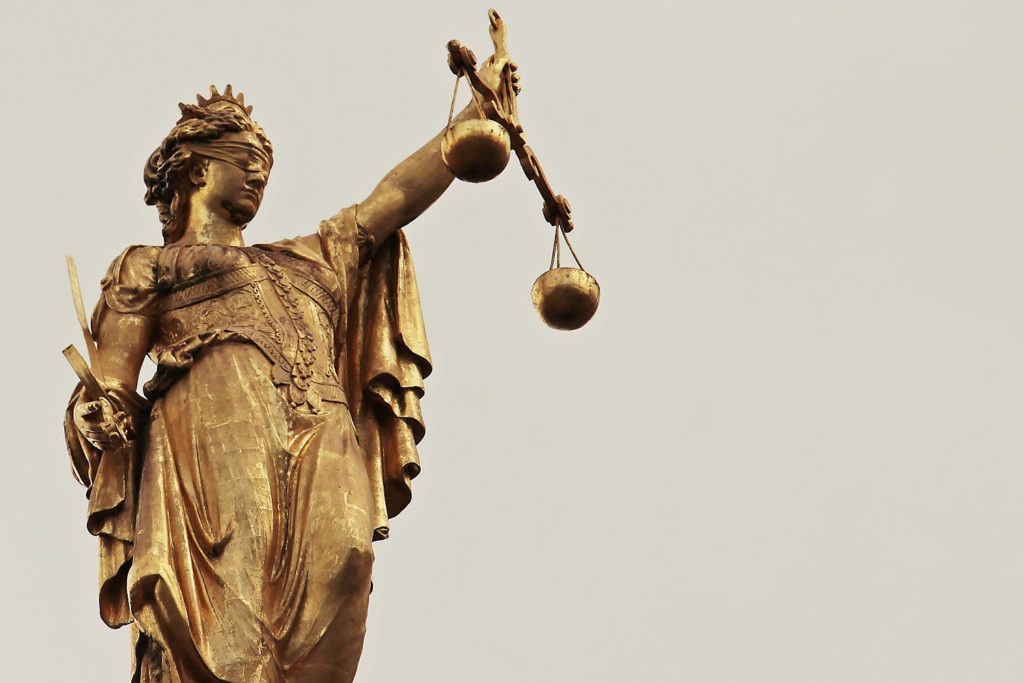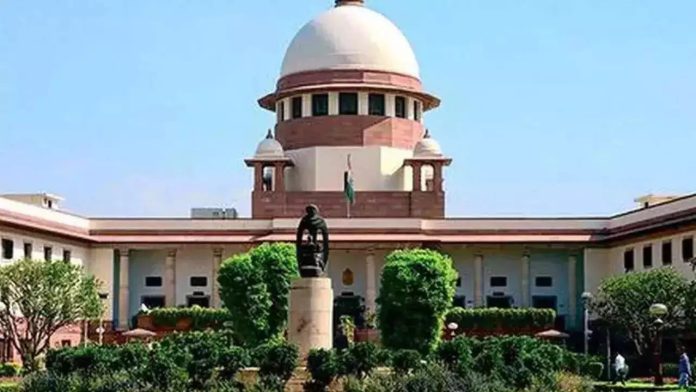- If the Indian citizens have complete trust, faith, and belief in the justice delivery system, it must be none other than the constitutional courts viz. high courts and the Supreme Court. The last recourse to common citizens for seeking relief, reprieve, justice, and timely hearing is the higher judiciary which always stood upright in ensuring the constitutionally mandated rights are not tampered with unnecessarily. As you are aware, the role of the Supreme Court as the guardian of the Constitution needs no further elaboration or emphasis. On its part, the Supreme Court has time and again ensured the tone, tenor, and spirit of the Constitution are upheld to ensure the common citizens are not deprived of the rights guaranteed.

PC: TOI
- However, various high courts around the country may sometimes deliver judgements that might not sync with the present-day necessities creating doubts in the minds of the concerned people right in the middle of unexpected challenges. Let’s look at what transpired in the Karnataka High Court recently hearing the case of a horrendous incident that happened in Belagavi. As reported extensively in the newspapers, it was unarguably horrific how a woman was allegedly paraded naked and tied to an electricity pole in Belagavi, after her son eloped with someone. As is its wont, the ever-alert vigilantes inflicted punishment when they had no legal authority to deliver it, for an act that was not even of the victim’s doing.
- Unexpectedly, the Karnataka HC has pronounced an opinion on the case that is very, very troubling to say the least. It mentioned some collective responsibility measures have to be taken. You read it right. Surely a constitutional court should not be thinking somewhat on the same lines as the vigilantes. Or propounding a theory of justice where one abuse of individual rights is countered by another. The court went further, waxing nostalgic about the good practices of the British Raj, speaking admiringly about how governor-general William Bentinck dealt with crime by making the entire village pay for it. This is particularly strange right now when there is a massive legislative effort underway to distance Indian laws from their colonial moorings.

PC: Law
- Indeed, it suited the colonial administration to manage India through group identities back then. Policies like divide and rule hinged on this conceptualization. But there couldn’t have been a more substantive break from that than the Indian Constitution. At the core of equal citizenship is unmistakably the individual. And individual rights. No doubt individual rights do not reign supreme even in 21st-century India, and the balance with collective rights is constantly under negotiation, across different public spheres including politics. But as the SC has repeatedly noted, including in its Right to Privacy judgment, the constitutional court must attempt to expand the reach and ambit of fundamental rights rather than weaken their meaning and content.






